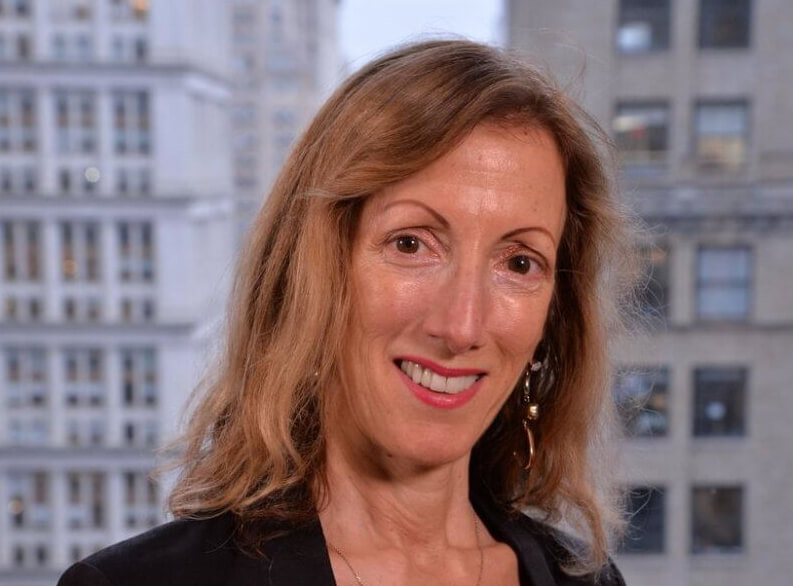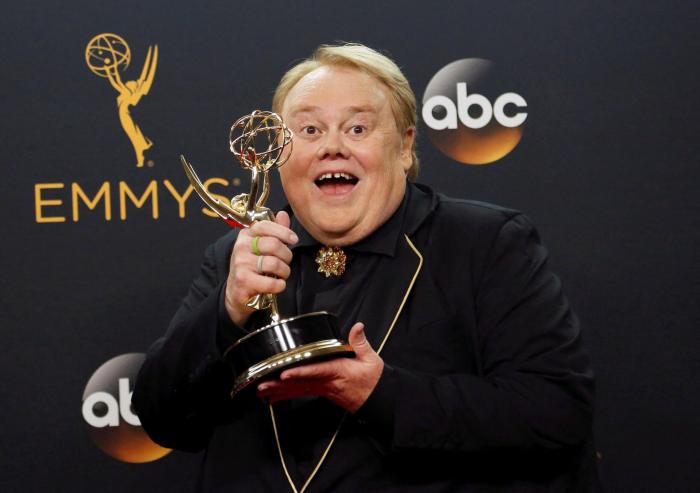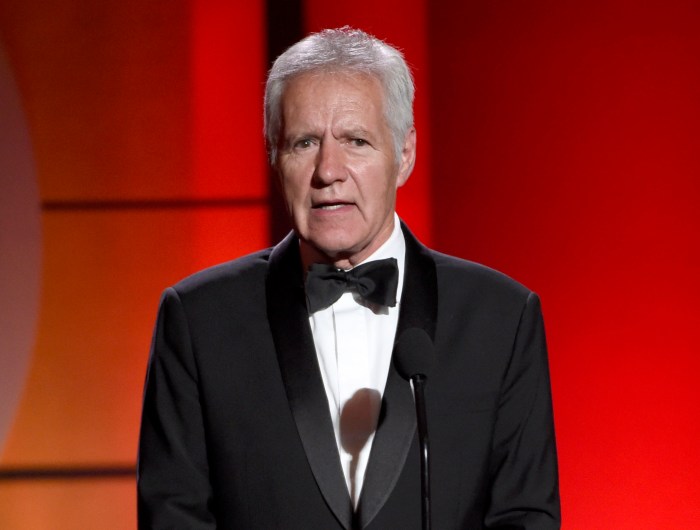New York City-based attorney Eleni Coffinas has been fighting for her clients’ rights for decades.
As part of NYC-based firm Sullivan Papain Block McGrath Coffinas & Cannavo since 1993, Coffinas leads one of the firm’s medical malpractice units and has fought for and won numerous high-profile and high-dollar amount settlements.
Some of those settlements include a $31 million verdict, the largest of its kind in New York, in a matter involving a failure to diagnose breast cancer as well as a $61.66 million verdict on behalf of a baby who suffered brain damage as a result of oxygen deprivation during delivery.
Asked about her start in the legal profession, Coffinas stated her decision to become a lawyer wasn’t much of a decision at all.
“I was following in the family business when I decided to become a lawyer,” she said, adding that her father was a judge in Brooklyn and both her older and younger sisters are also lawyers.
“We grew-up thinking [law] was the only career that was out there and that there were no other options,” added Coffinas, who graduated from Brooklyn Law School and has been recognized in New York magazine and Super Lawyers magazine as one of the top lawyers in New York.
During the first 10 years of her career, Coffinas was a trial lawyer, focusing on medical malpractice and general personal injury work. “An example might be a housing project where someone gets hurt in a common area,” she noted.
Coffinas explained that her work as a trial lawyer was the best training to become a medical malpractice lawyer because it taught her how to “try a case and not get stuck under the weight of volumes of medical records. “It taught me how to really find what’s important…how to put a case together without drowning under all the paper,” she added.
When working on a trial, she said, “I feel like you’re working when you’re sleeping,” adding that she goes to sleep thinking about how she’ll handle opening remarks in a trial and then wakes-up with those same thoughts.
Further, she stated that while she still finds trial work the most interesting part of her job, the most fulfilling is helping give people relief that they desperately need.
“When you can get that person money, in lieu of being able to restore their health…the fight for justice and their health is really gratifying,” she explained, adding that it “helps them to know that somebody is on their side or that a jury agreed with them in holding people accountable.”
Many of Coffinas’ clients have various degrees of cancer, even some who are at near-terminal stages.
“There’s definitely a social worker-type aspect to the job, where I’ll ask people how they’re doing during chemotherapy and tell them we’re rooting for you and that you’re inspiring,” she said.
She added that she works with clients who have suffered serious physical injuries in a “very caring and personal way…every client is their own unique individual and we go on the journey with them. When the case is settled, that’s where satisfaction comes in.”
Coffinas said she gets most of her satisfaction out of seeing these people get their “moment of relief by compensating people to help ease some of that pain.”
For example, Coffinas asked, “How do you give a future to kids who’ve lost their mother during childbirth? The money really can make a difference in those scenarios.” She said that while she can’t fix the physical, “sometimes, we can help repair the spirit.”
Coffinas pointed out out that some of her toughest cases are those involving parents losing children: “It’s hard when a parent must continue on without a child. We walk a fine line in that situation.”
Other difficult cases include those involving breast cancer, many of which can be serious and or terminal. “When you look across the table at someone who you know is supposed to die sooner than later, it’s difficult,” she said.
“But you never have that conversation about the inevitability of the outcome and focus instead on what that person is doing to live, what helps them, such as prayer, yoga. We talk about what helps them to live.”
Some people, said Coffinas, ask her if it’s depressing being around sick people. “I tell them no, that it’s actually very inspiring to be around this group of people who are forced to tap into an ‘inner strength’ on a daily basis,” adding that the goal for some clients is to “live to see another day” and the fight for justice.
Asked about healthcare system changes she would like to see, Coffinas said people should have equal access to quality healthcare. “It’s a very unequal system that needs to be changed. Money vs. no money. Poorest vs richest neighborhoods…there’s so much unfairness.”
While Coffinas admitted her free time is devoted to her daughter, her husband and dog, she managed to become a certified yoga instructor in 2016.
“I always wanted to do it. Yoga helps me to become calm, learn something new and give me perspective,” she said. “Especially since I don’t have a calm job.”


















